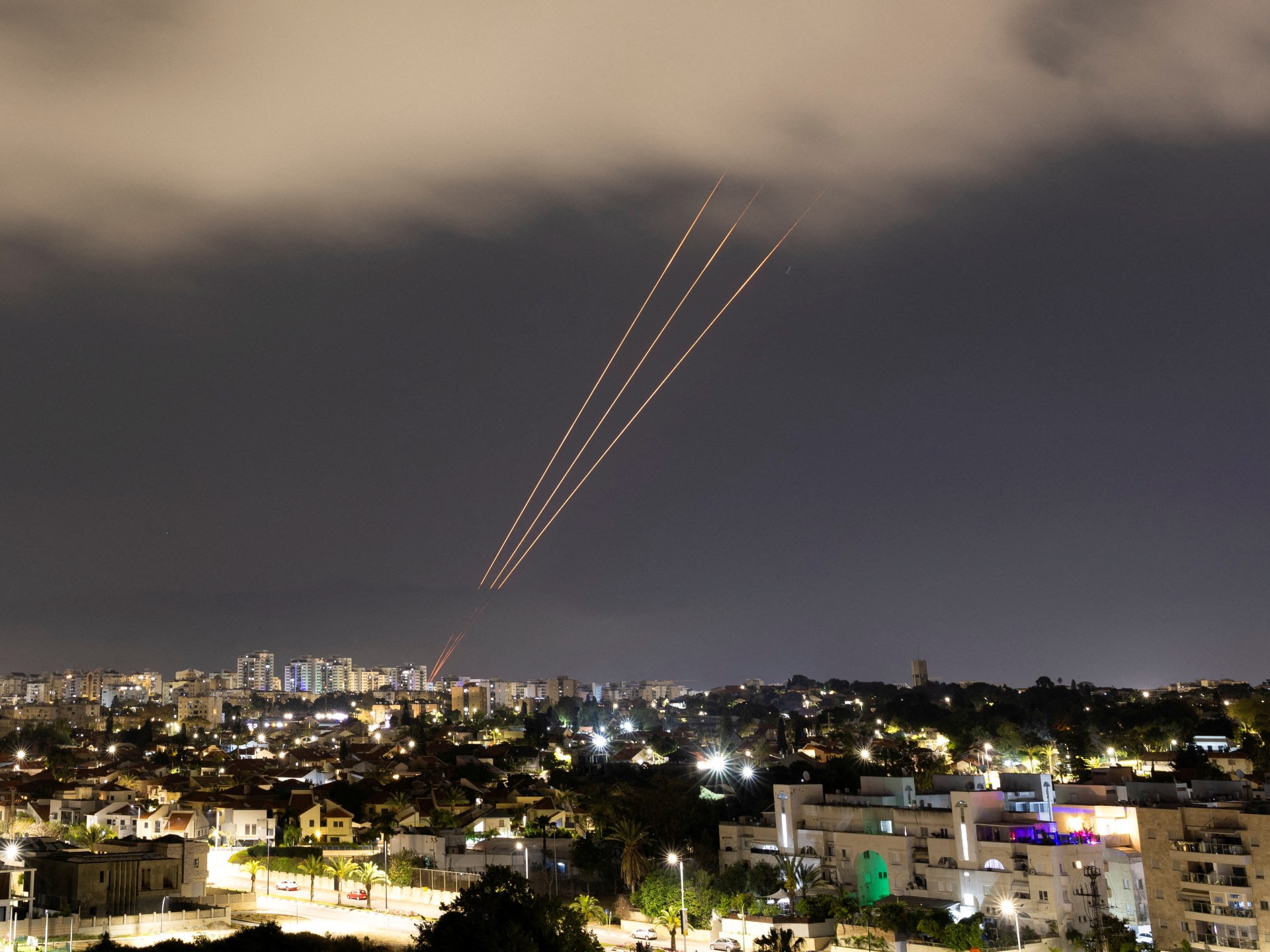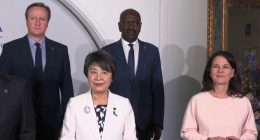
When the Israeli Prime Minister Benjamin Netanyahu approved the air strike on the Iranian consulate in Damascus, he knew what he was doing. Although any attack on a diplomatic mission is a clear violation of the 1961 Vienna Convention on Diplomatic Relations, the Israeli leader proceeded, hoping to divert attention from his failures in the Israeli war on Gaza.
With Israel having previously carried out a series of assassinations against Iranian officials and scientists, this act was hard to deny. No other power in the region could conduct such a brazen violation of international law regarding the sanctity of diplomatic missions.
Coming on the heels of other Israeli attacks on Iranian targets in Syria, this was a provocative act aimed at establishing military hegemony in the region.
For their part, the Iranians were caught in a bind. The international response to the brazen Israeli defiance of international law was muted, especially in the West, and Tehran could no longer tolerate the Israeli provocations. Iran also has its own considerations of military deterrence in the region.
The result was an attack from Iranian territory, which sent a clear message to Israel and its allies. It demonstrated the Iranian capabilities but also provided space for de-escalation. Iranian Foreign Minister Hossein Amirabdollahian described the attack as “limited” and said Tehran had warned the United States ahead of launching it.
Thanks to a deployment of US forces to the region and Israel’s own air defence capabilities, nearly all of the drones and missiles Iran launched were intercepted.
This display of military power by Israel and Iran has left the rest of the Arab world terrified of what another regional war could do to an already devastated region. And if it is to take place, there will be not just regional, but global repercussions. Any regional Iranian-Israeli conflict will pull in the Gulf countries, but also the US, Russia and China, creating a potentially explosive global confrontation.
As Israel and Iran are establishing this new “balance of terror”, the international community has to act. The United Nations Security Council must pass a strong binding resolution imposing a full ceasefire in the region that includes the occupied Palestinian territories, Israel, Iran and all neighboring countries involved, as well as non-state actors.
Importantly, this resolution must recognise that at the core of much of the instability in the region is the unresolved Palestinian question.
Therefore, it needs to call for an end to Israel’s genocidal invasion of Gaza and the exchange of captives. It must provide a clear roadmap to Palestinian statehood and the end of the Israeli military control of all Arab territories occupied in 1967. It must create an international peacekeeping force that will ensure compliance by all parties, especially in Gaza but also in the West Bank, where settler violence has reached unprecedented levels.
A clear declaration in support of the Palestinian right to self-determination and a roadmap to its realisation is paramount now. Already most European countries have indicated their plans to join the list of 139 states that have recognised the state of Palestine.
This resolution should not repeat the mistakes of UNSC 2728 passed on March 25, which the US tried to undermine immediately by claiming that it was “nonbinding”. The resolution was binding but it lacked “teeth” – or clear measures to be undertaken in case of violation. That is why Israel ignored it.
A new resolution, therefore, will require the use of Chapter VII of the UN Charter. Article 41 of this chapter reads: “The Security Council may decide what measures not involving the use of armed force are to be employed to give effect to its decisions, and it may call upon the Members of the United Nations to apply such measures. These may include complete or partial interruption of economic relations and of rail, sea, air, postal, telegraphic, radio, and other means of communication, and the severance of diplomatic relations.”
The possibility of imposing biting sanctions and a diplomatic boycott on those who do not abide by its provisions must be made clear in the resolution. Mention must also be made of the other provisions in Chapter VII which include the use of military force to ensure maintenance of international peace.
For decades, Israel has gotten away with perpetrating egregious violations of international law because it has faced no consequences. Now the International Court of Justice has declared that Israeli actions in Gaza “plausibly” amount to genocide in Gaza. Israel will not stop its aggression in Gaza or elsewhere in the region unless it is faced with a credible threat of sanctions. Iran, for its part, already faces sanctions pressure from the West, but if China and other non-Western powers were to join such measures, it would think twice before violating the resolution.
With Iran clearly demonstrating it is willing to de-escalate after the attack, a small window of opportunity now exists for action. The US and other countries have come to the rescue of Israel and this means that it will have to pay back its allies by complying with the ceasefire.
Unless the world wants to deal with the economic and humanitarian catastrophe of a region-wide war in the Middle East, it must move quickly and lay the foundations for a comprehensive lasting peace in the region. The key to that is resolving the Palestinian question once and for all.
The views expressed in this article are the author’s own and do not necessarily reflect Al Jazeera’s editorial stance.
Read More: World News | Entertainment News | Celeb News
Aljazera










